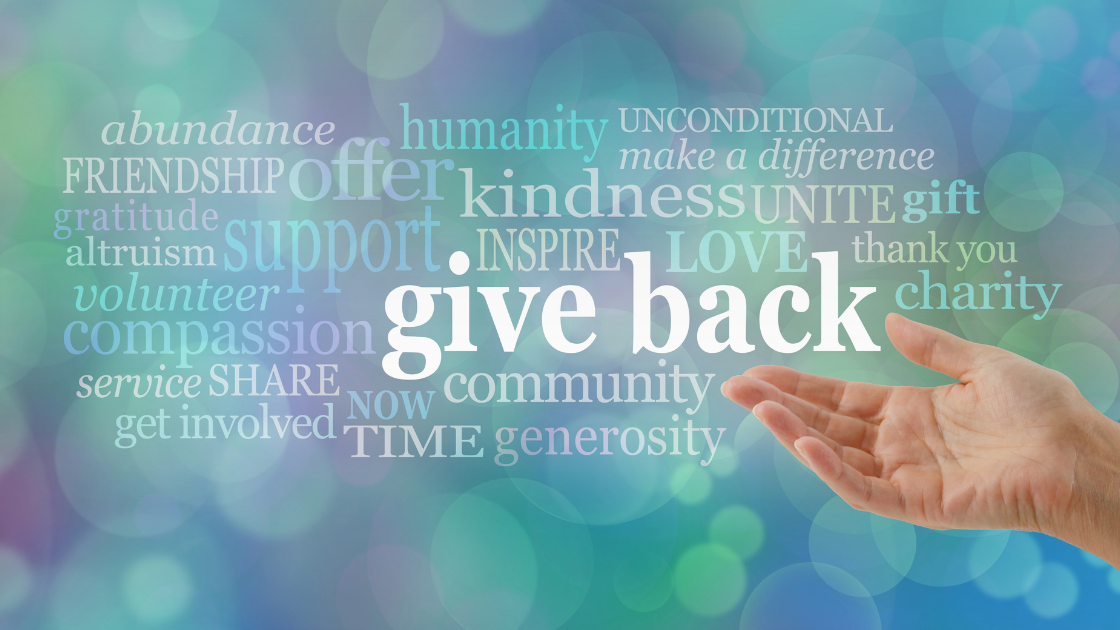From Wealth to Wellness: Zeeshan and Karina Hayat on How Philanthropy Transforms Givers as Much as Receivers

Philanthropy is often viewed through the lens of its beneficiaries—how it feeds the hungry, educates the underserved, or supports vulnerable communities. While the impact on receivers is undeniable, a quieter transformation occurs on the other side of the exchange. For givers, philanthropy is not just about transferring wealth or resources; it is about redefining purpose, building empathy, and achieving a deeper sense of wellness. True giving reshapes lives in both directions, turning the act of generosity into a profound human experience.
Beyond Financial Contributions
Philanthropy is not limited to writing checks or donating material resources. Modern giving has expanded to include time, skills, mentorship, and advocacy. Entrepreneurs, professionals, and everyday citizens are realizing that offering expertise or investing energy into causes can create equal, if not greater, impact than financial aid alone. In this broader sense, philanthropy becomes a holistic practice, blending wealth with wisdom, action with intention. For the giver, this expansion opens opportunities for growth, connection, and personal fulfillment beyond material success.
The Wellness Benefits of Generosity
Science has consistently shown that giving is good for mental, emotional, and even physical health. Acts of philanthropy trigger the release of endorphins, reduce stress, and promote feelings of happiness and satisfaction. Givers often report lower levels of anxiety and depression, as well as a stronger sense of meaning in life. On a physical level, studies suggest that generosity can improve cardiovascular health and increase longevity. By aligning wealth with wellness, philanthropy demonstrates that success is not only about accumulation but also about contribution.
Building Empathy and Human Connection
When people engage in philanthropy, they step into the realities of others’ lives—listening to their struggles, learning their stories, and sharing in their triumphs. This fosters empathy and a deeper understanding of the human condition. For givers, especially those from privileged backgrounds, philanthropy provides perspective and humility. It bridges social divides, dissolves barriers, and reinforces the truth that despite different circumstances, we are all connected by common needs and aspirations. In this way, giving becomes a pathway to more authentic human connection.
The Transformation of Identity
Philanthropy often transforms how individuals view themselves. Wealth may define success in material terms, but giving expands identity toward purpose-driven living. Entrepreneurs who once measured achievement solely by profit margins often find greater pride in the impact they create through philanthropic work. Parents who involve their children in community service discover that generosity becomes a core family value, shaping the next generation’s identity. By investing in the well-being of others, givers redefine what success truly means in their own lives.
From Transaction to Transformation
A key evolution in philanthropy is the shift from transactional giving—where donors provide resources and step away—to transformational giving, where they remain engaged in outcomes. This kind of philanthropy encourages collaboration, innovation, and sustainable impact. When givers witness the long-term changes their contributions create, they themselves undergo a transformation. The satisfaction of seeing lives improve fuels a cycle of generosity, where giving is no longer an obligation but an ongoing source of inspiration and fulfillment.
Philanthropy as a Path to Legacy
For many, philanthropy is also about leaving a legacy that outlives personal achievements. Wealth may fade, but the impact of supporting education, healthcare, or social justice initiatives endures for generations. In this sense, philanthropy allows givers to connect their personal story to something larger than themselves. This pursuit of legacy contributes to emotional wellness, offering peace of mind and a sense of continuity. Givers recognize that their influence is not defined solely by what they built, but by what they gave back.
The Ripple Effect of Generosity
Philanthropy creates ripples that extend beyond the immediate giver and receiver. When generosity is practiced openly, it inspires others to do the same. Employees are motivated when they see leaders contributing to meaningful causes. Communities grow stronger when members witness acts of care and compassion. For givers, this ripple effect magnifies their sense of purpose, as they realize their impact goes further than the initial act. The transformation becomes not just personal but cultural, spreading wellness through collective responsibility.
Challenges in the Journey of Giving
While the benefits of philanthropy are profound, the journey is not without challenges. Some givers struggle with questions of effectiveness—wondering if their contributions truly make a difference. Others may face skepticism or criticism regarding motives. The key to overcoming these challenges lies in authenticity. Philanthropy rooted in genuine care, humility, and transparency not only enhances the impact on receivers but also deepens the transformation of givers. Giving is most fulfilling when it stems from alignment with values rather than external validation.
Toward a Future of Conscious Philanthropy
The future of philanthropy is moving toward consciousness—where giving is intentional, strategic, and deeply human. It is no longer about wealth alone but about wellness, empathy, and shared humanity. As more individuals and organizations adopt this mindset, philanthropy will continue to transform both givers and receivers, reshaping communities while enriching lives. Ultimately, the act of giving reminds us that true wealth is not measured by what we keep, but by what we share.
About 100 Meals a Week












